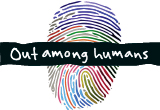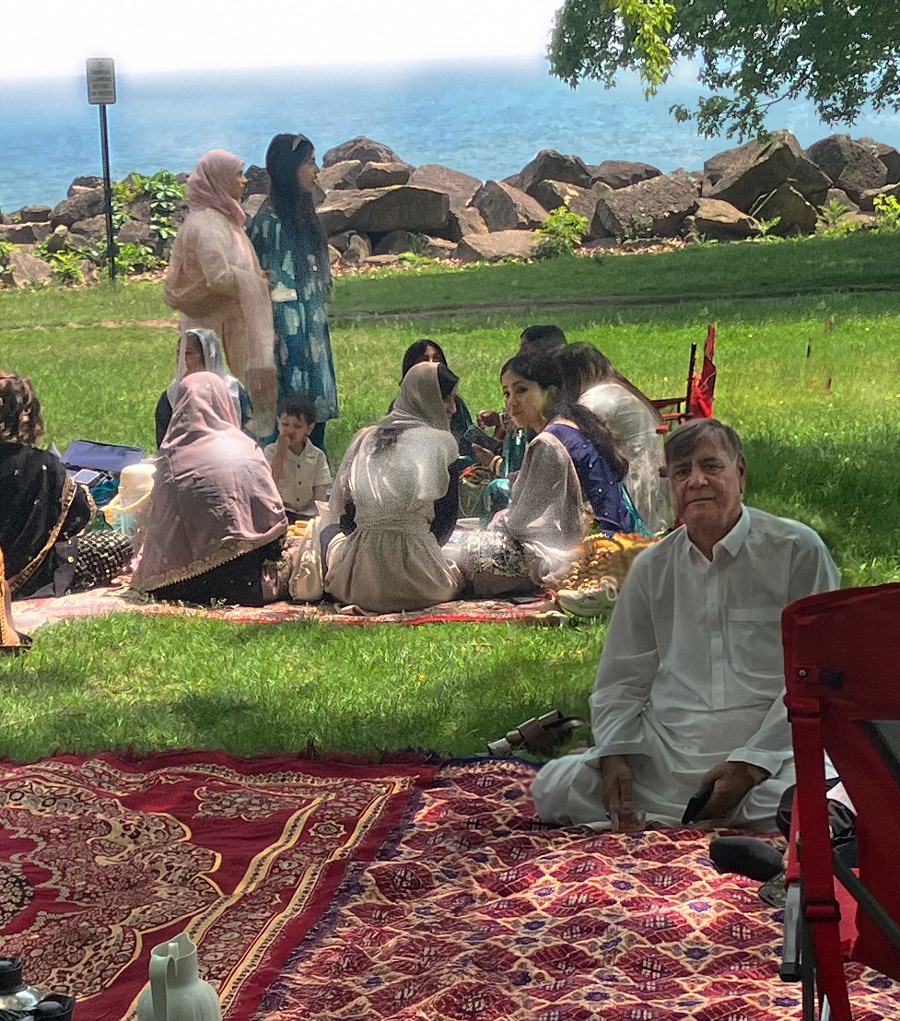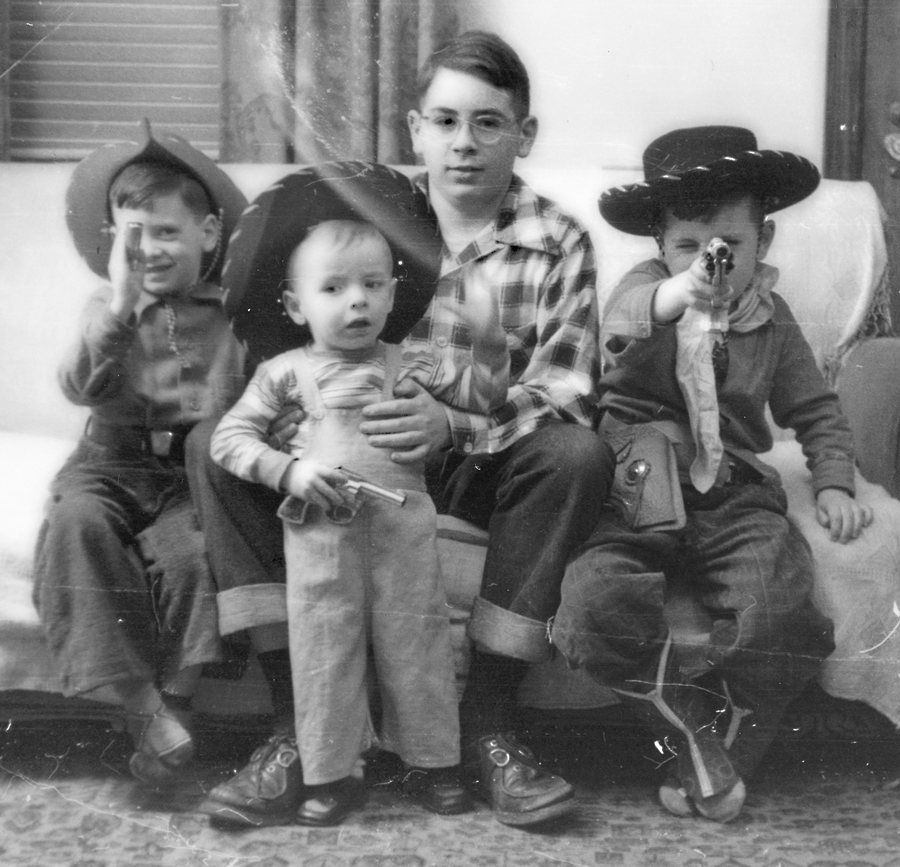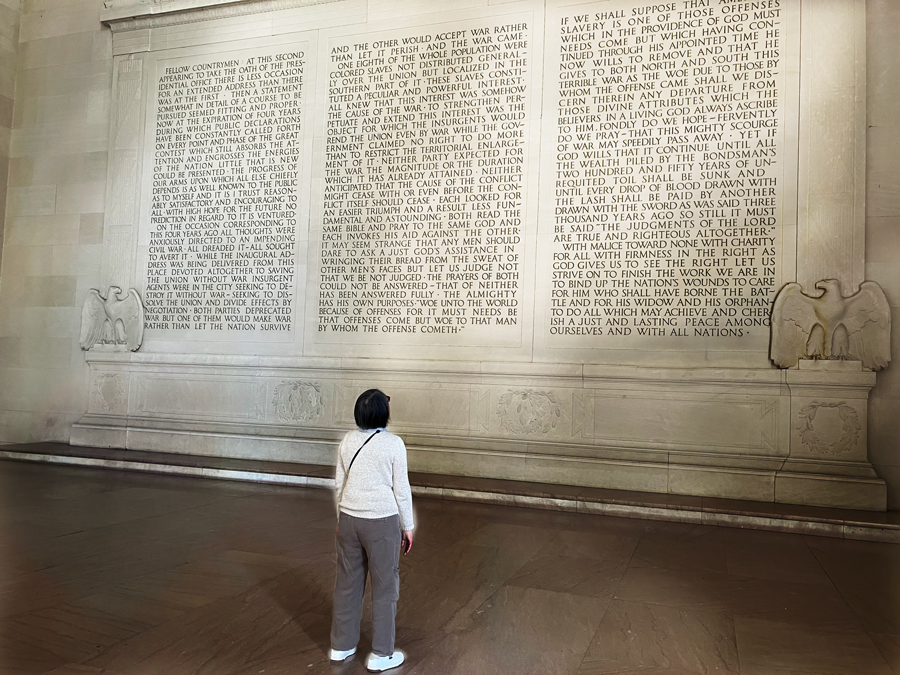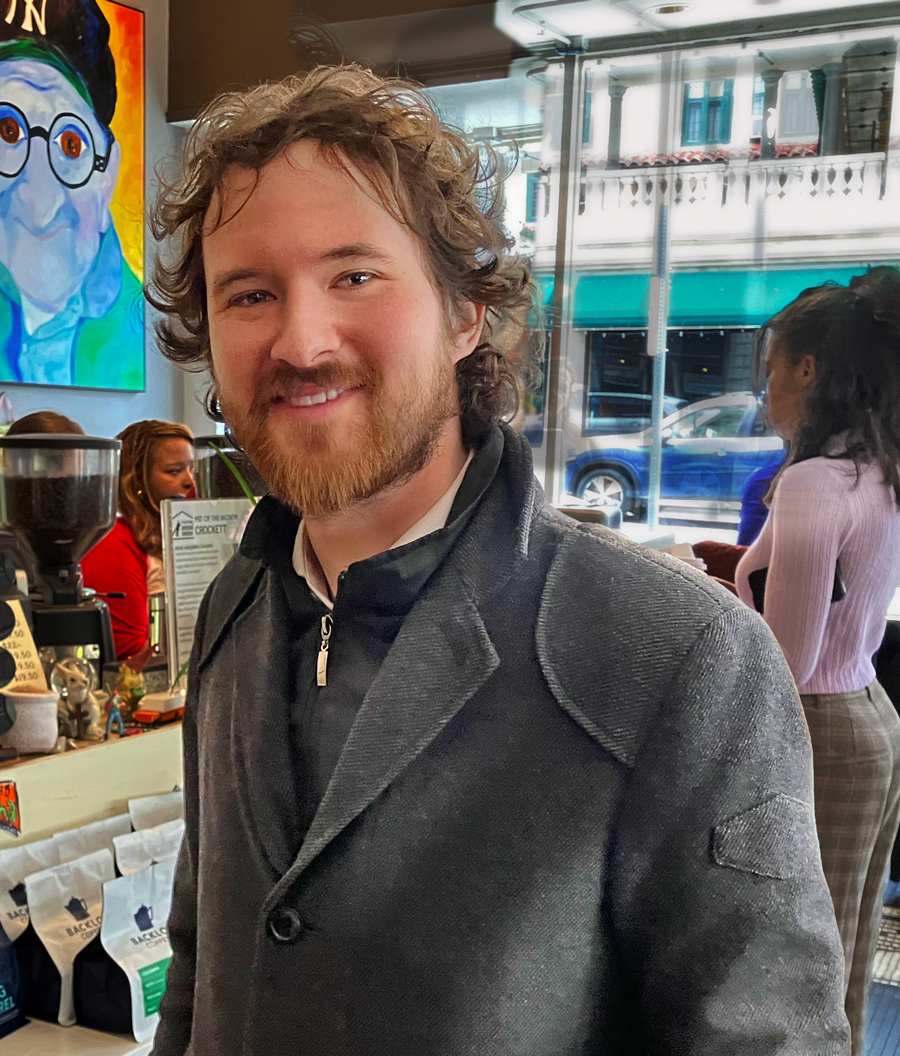No Kings
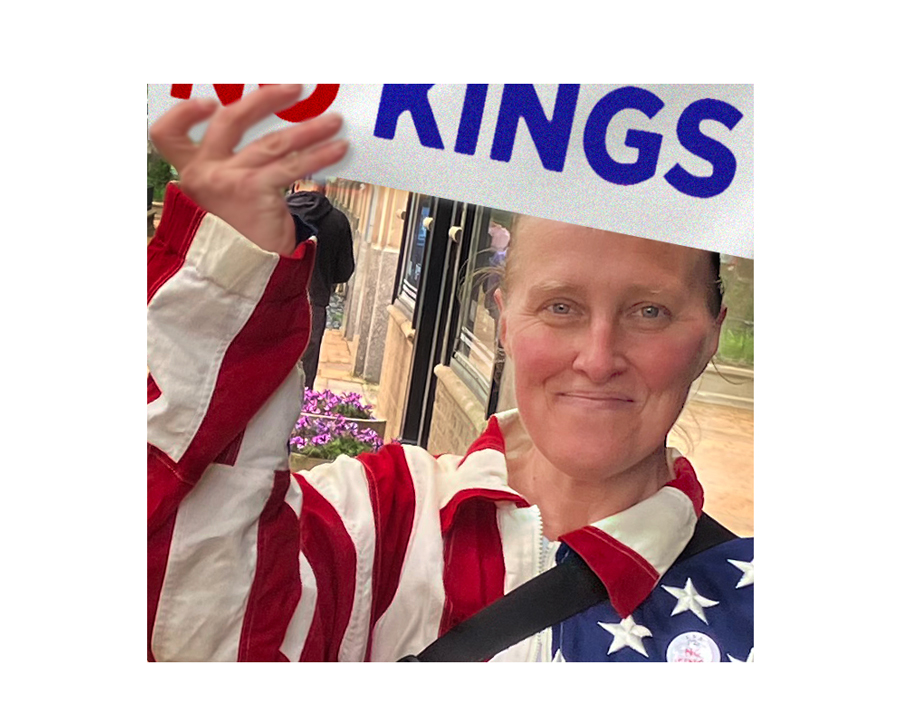 Without the ‘No Kings’ movement, America wouldn’t be celebrating the Fourth of July.The abuses George III inflicted on his subjects drove the colonies to break away from the British Empire.
Without the ‘No Kings’ movement, America wouldn’t be celebrating the Fourth of July.The abuses George III inflicted on his subjects drove the colonies to break away from the British Empire.
Jefferson and Franklin and Adams, the original no-kings guys, based their Declaration of Independence on a list of long-standing grievances against the Crown.
The KING did incite domestic insurrections.
HE did obstruct justice; and intimidate judges.
HE deprived people of a trial by jury, and sent persons overseas to be tried for pretended offenses.
HE created special offices to harass political opponents.
HE cut off the colonies’ trade with the rest of the world.
HE obstructed the citizenship of foreigners.
This year, millions of patriots across the nation have joined the ‘No Kings’ movement. They protest executive abuses they see as dangerously similar to those of George III.
The British king is said to have called George Washington “the greatest man in the world” when he refused the repeated efforts to make him king.
Washington understood that nothing is more dangerous than a small man who fancies himself a king, a czar, an emperor or a führer.![]()
